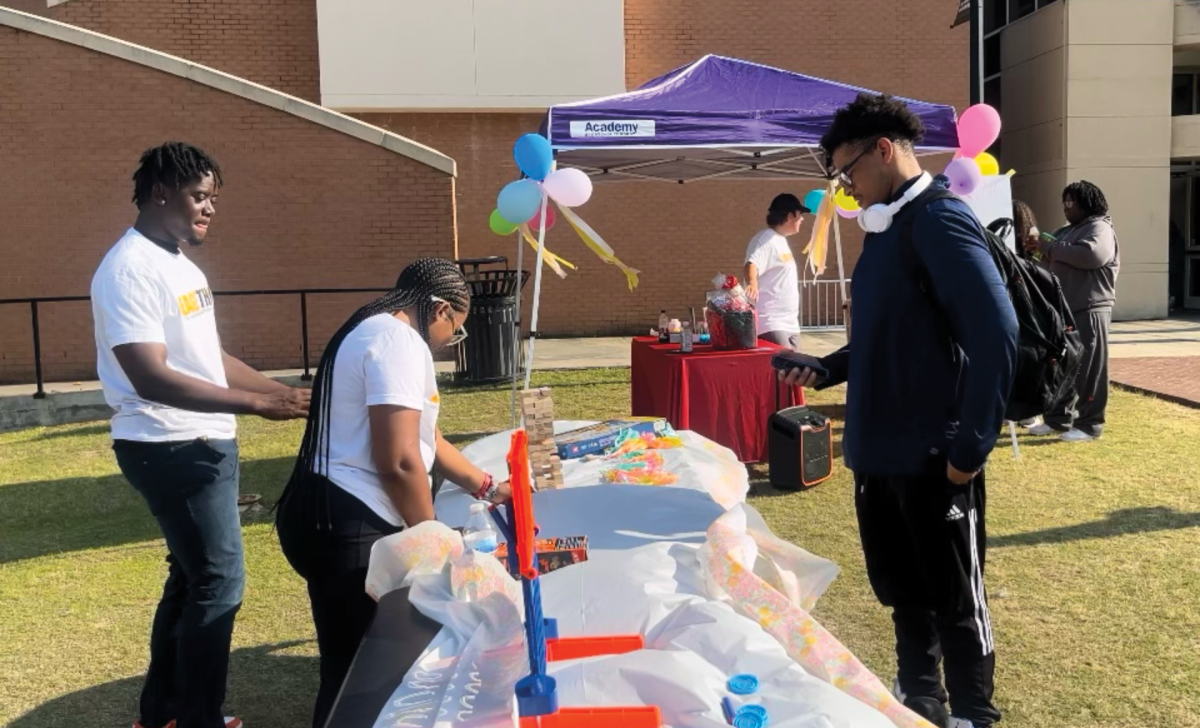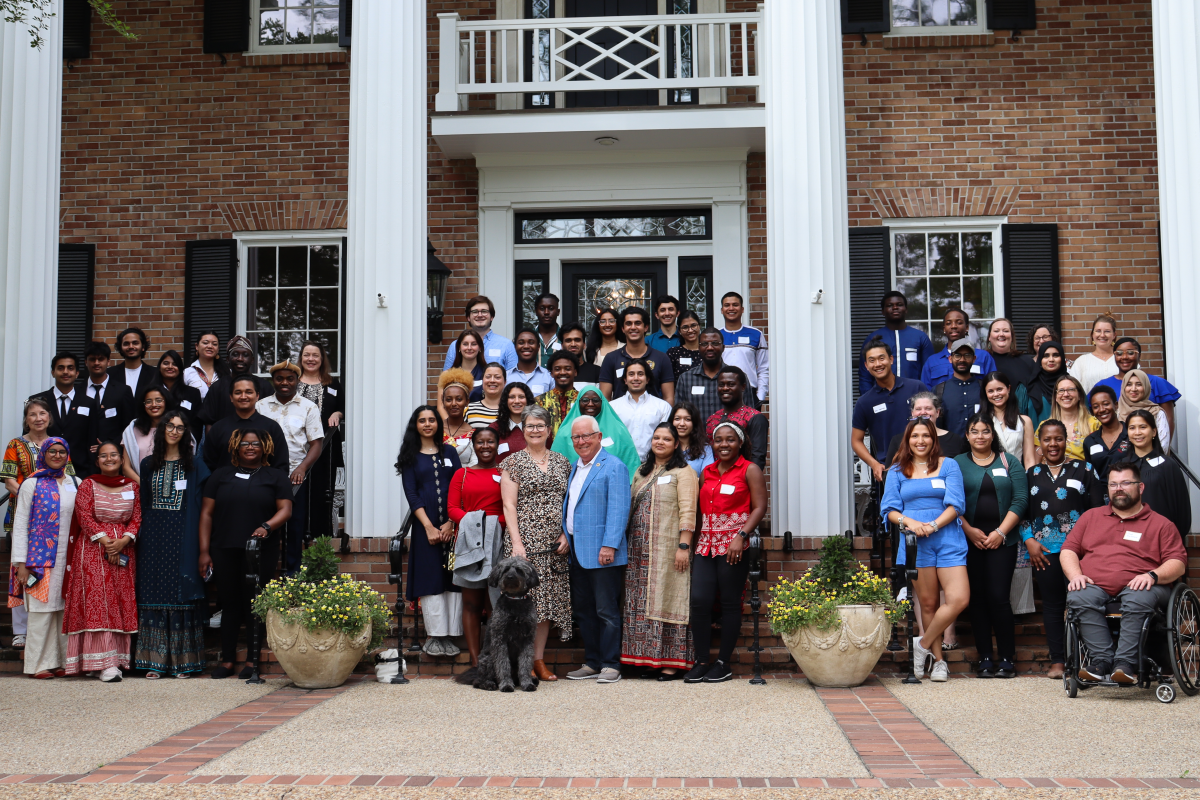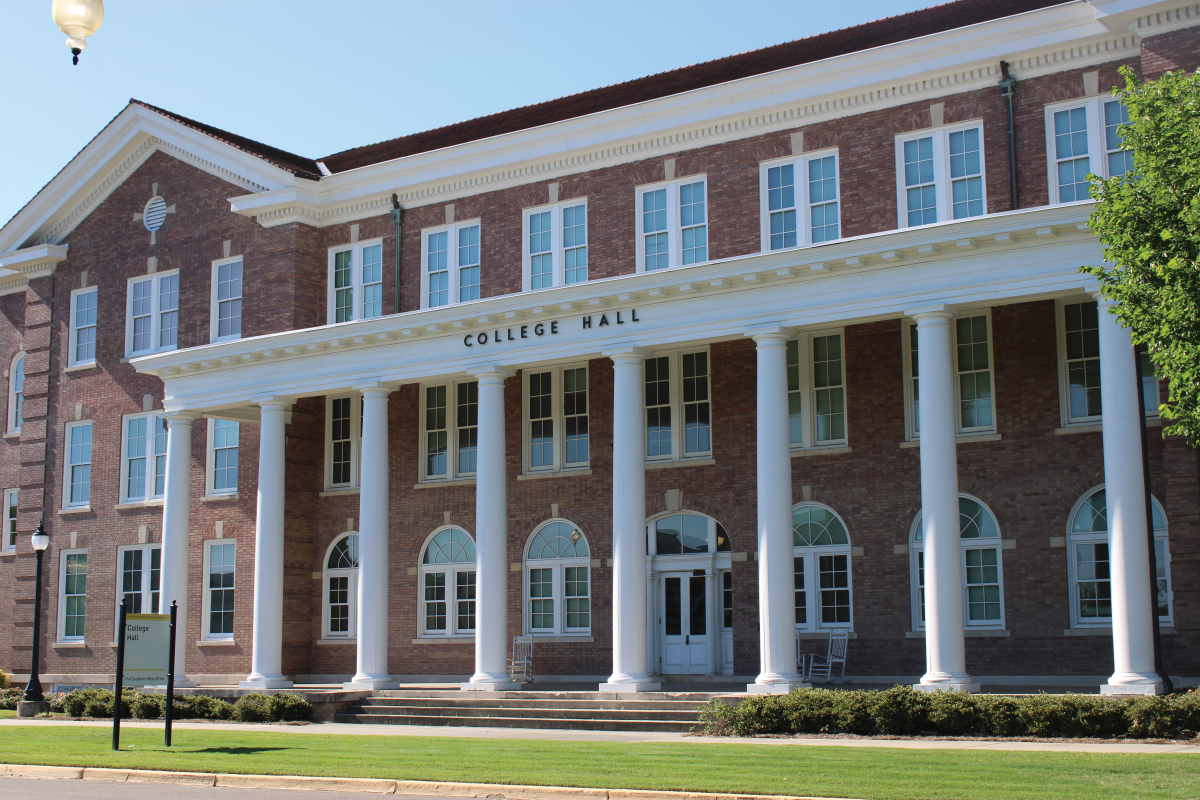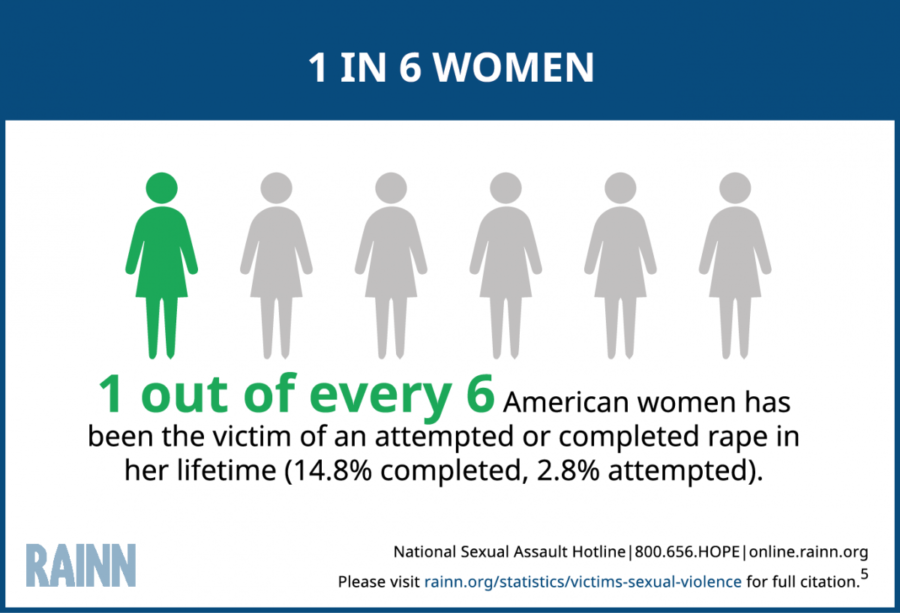I was asleep. I couldn’t consent. I didn’t want it.
I felt violated and humiliated by the experience. I was scared I had done something wrong – that somehow I had asked for it or that it wasn’t serious. I felt like there was no way that this could be rape.
I didn’t report it.
Someone I trusted, someone I knew and spent time with everyday did this, and it’s so common that it happens to men and women every day. According to Rape Abuse and Incest National Network, seven out of 10 rapes are committed by someone the victim knows and 44 percent of sexual assaults are committed by an acquaintance.
Many victims feel that even if they used the criminal justice system to find resolve, their assailants would only serve a minimal sentence or no prison time. Instead of blaming the victim for not pressing charges, we should consider why these individuals feel scared or hopeless in pursuing legal actions. What needs to change is the stigma we attach to victims and how the criminal justice system doles out punishments – not the victim’s attitude toward reporting the crime.
People don’t want to talk about rape, period.
When you tell someone you’re a survivor, you get flooded with sympathy or pity and are seen as less of a person, as if all of your dignity is stripped away from you the moment you speak of your assault. People begin to see you differently, and your identity has been engulfed in your victimization.
I’m still powerful. I’m still happy and confident in myself. No one can take that from me – not even my assailant. I chose not to report my assault, but that doesn’t take away my strength or dignity.
It’s difficult to gauge how many sexual assaults go unreported in America. The U.S. Department of Justice’s Special Report “Female Victims of Sexual Violence 1994 – 2010” suggests a mere 36.4 percent of sexual assault victimizations occurring from 2005 – 2010 were reported to the police. The statistics for men who report being sexually assaulted are drastically lower, although one in 10 rape victims is a man.
It’s not the victim’s fault for not wanting to report or press charges to find some kind of closure, and they shouldn’t be judged for their decision.
According to the Maryland Coalition Against Sexaul Assault (MCASA), not all survivors find it necessary to report their assailants.
“In fact, some feel that the criminal justice system re-victimizes them in its process,” MCASA said in “Reporting Sexual Assault: Why Survivors Often Don’t.” “Some survivors find that the services provided by a rape crisis and recovery center or similar provider are the only services they feel comfortable pursuing.”
MSACA’s report suggested survivors cite fear of reprisal, fear of the stigma of being a sexual assault victim, personal matters, belief that the police wouldn’t do anything to help, humiliation and fear of lack of evidence for not reporting an assault.
Sometimes the assaults that do get reported, especially on college campuses, can take more than 940 days – the average length in 2014 being 1,469 days – for the U.S. Department of Education’s Office for Civil Rights to complete its investigation, according to Inside Higher Education. After being assaulted and dragged through a trial or campus judicial process that may possibly have no positive resolution, it’s not hard to figure out why survivors don’t report or press charges.
It shouldn’t take this long to resolve a case for those who do decide to press charges or have their respective school investigate the incident. The survivor of the assault deserves to move forward and have their case resolved in a timely manner.
If you are still unsure or feel that the victim is losing out by not pressing charges, I challenge you to change the direction of your question:
Why are we blaming the victim for not reporting the incident instead of blaming the rapist for raping someone?
We saw what happened at Stanford. Two bystanders witnessed Brock Turner assaulting an unconscious person and reported him.
Brock Turner served three months in jail.
Two people saw him do this. They chased him on bicycles while he ran away from the crime scene. The victim had to read about what happened to her in the news.
“Why wouldn’t she or he want to report it? Why would she or he not want to get justice? What’s wrong with them?”
According to the Rape Incest and Abuse National Network, “only six out of every 1,000 perpetrators” will ever serve prison time. Ninety-seven percent of perpetrators walk free, according to MSACA’s report.
I recently spoke with an assault victim, and her words stay in that small space in the back of my mind that keeps me awake at night:
“I don’t think I’ll ever be done healing.”
Give survivors the chance to have a voice in their own cases. They deserve respect in their decisions to pursue charges, not re-victimization.




































